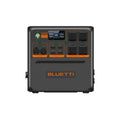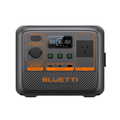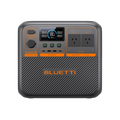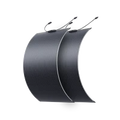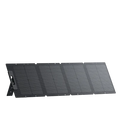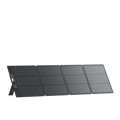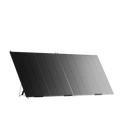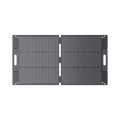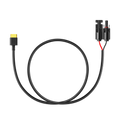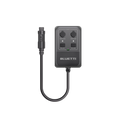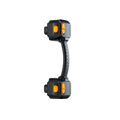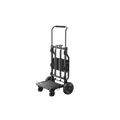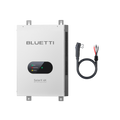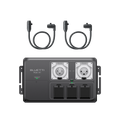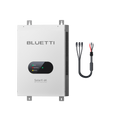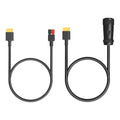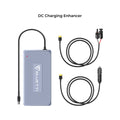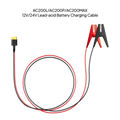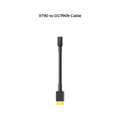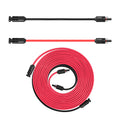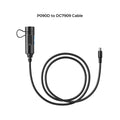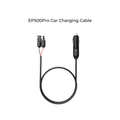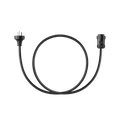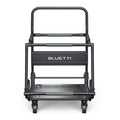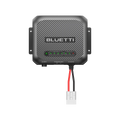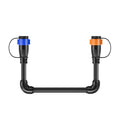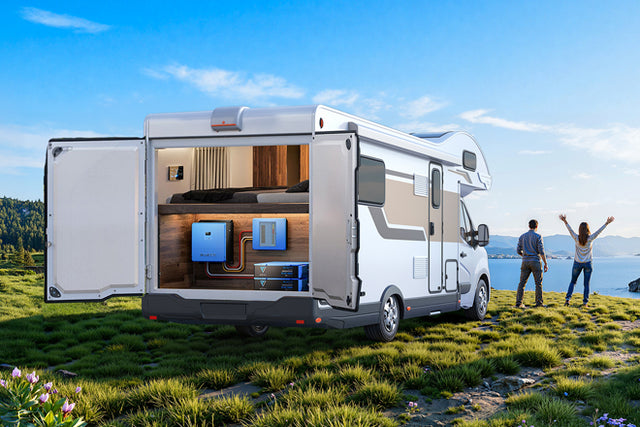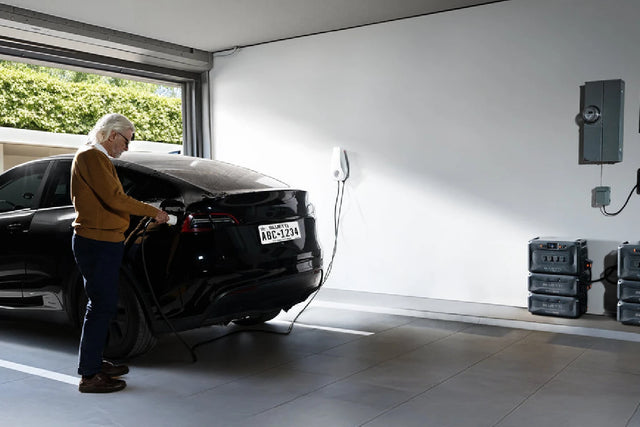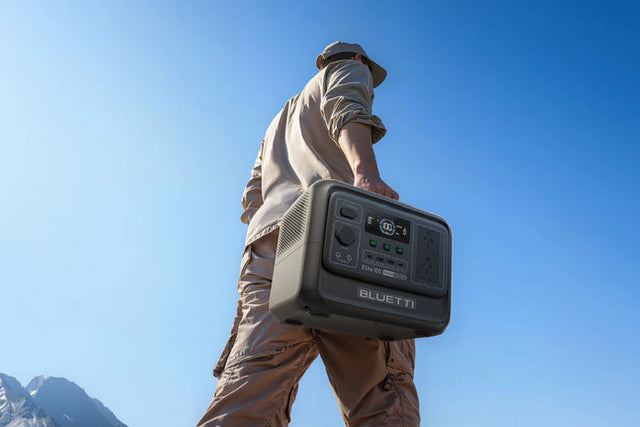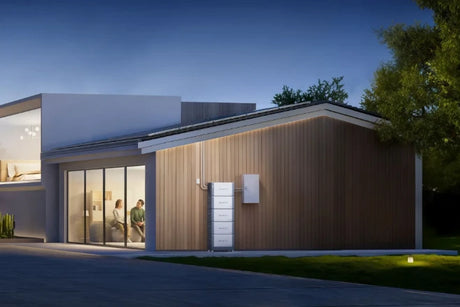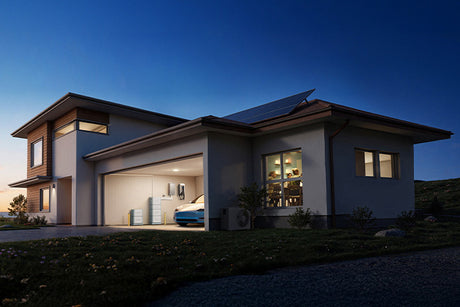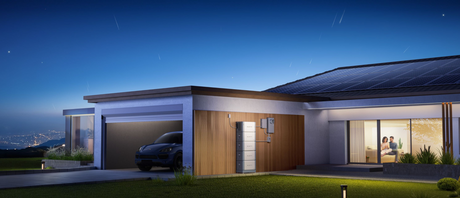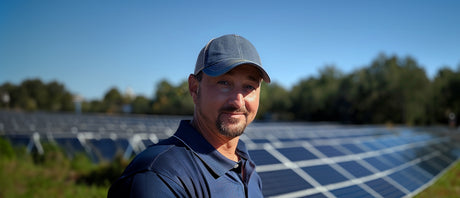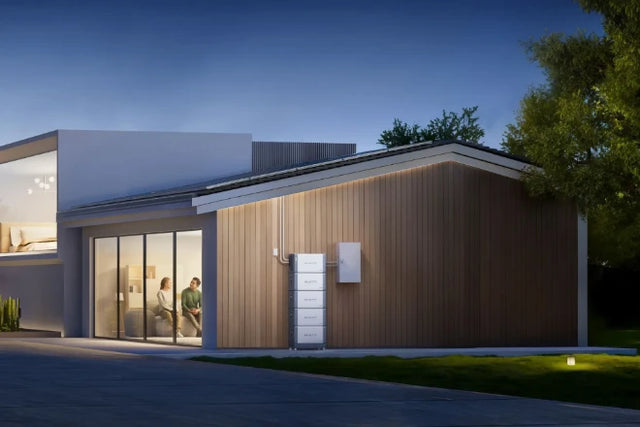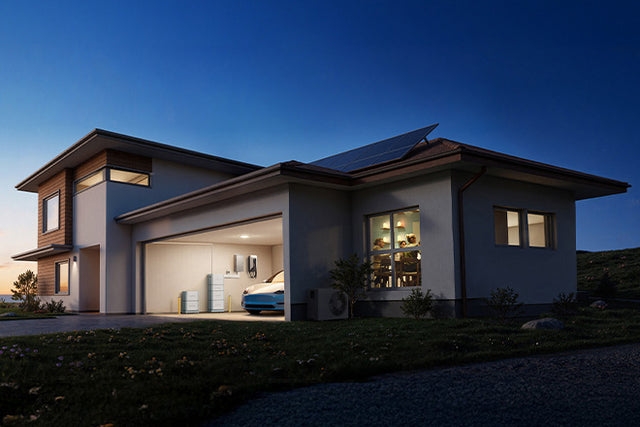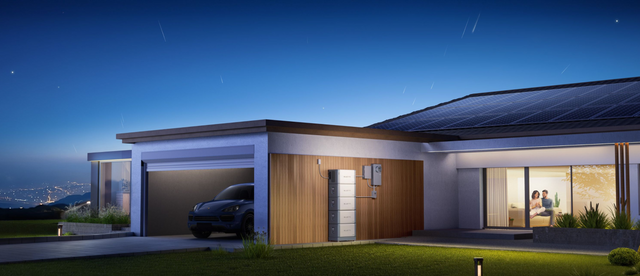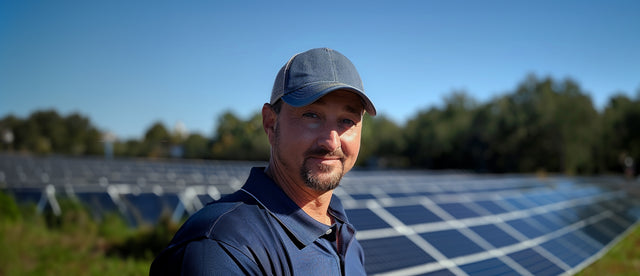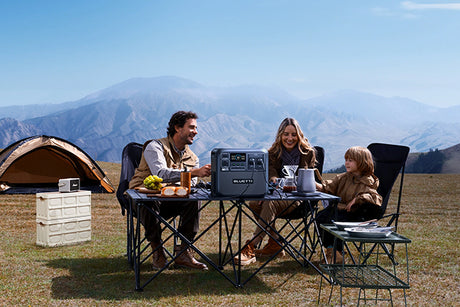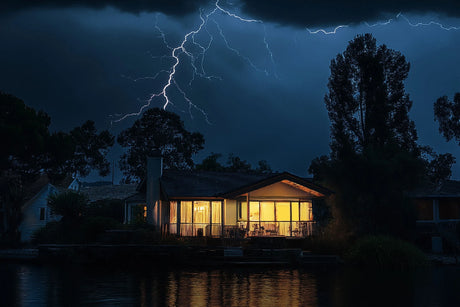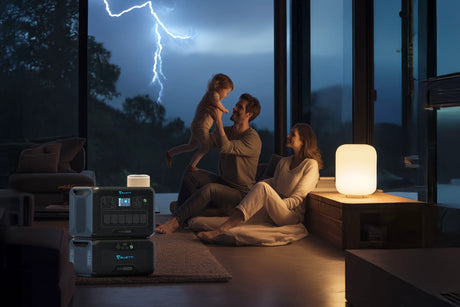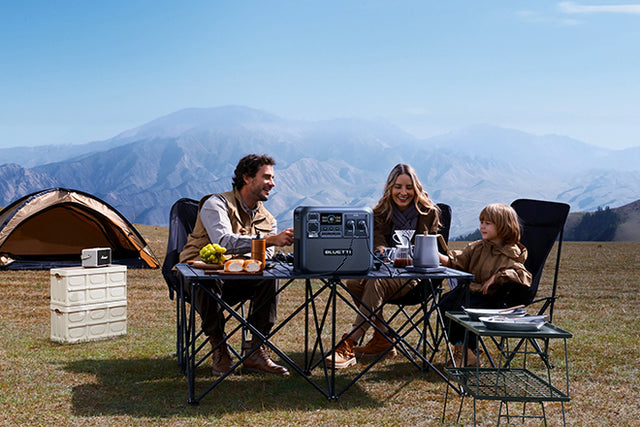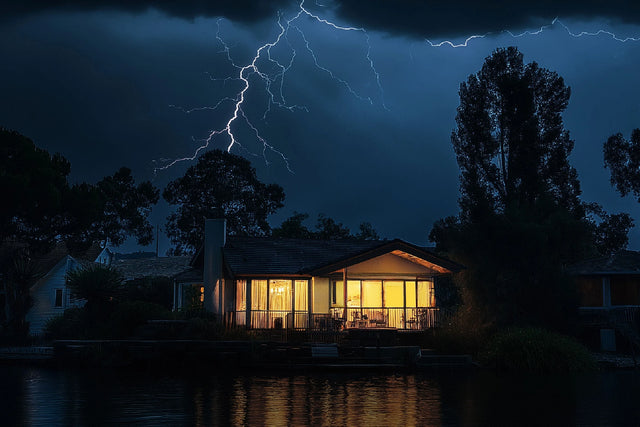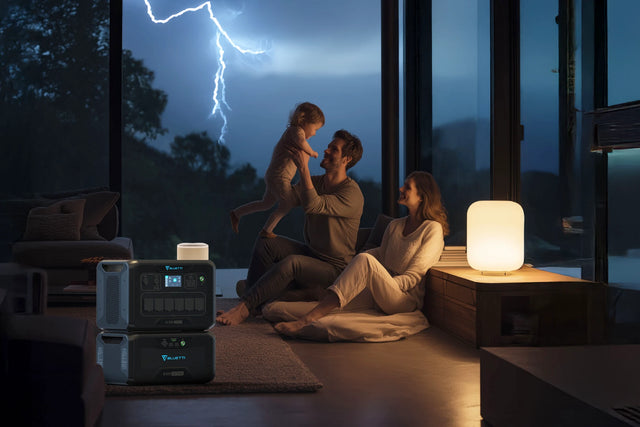Although considerably more affordable than their larger, roof-mounted counterparts, portable solar panels can still feel expensive to some. While many people can afford to pay for a portable solar panel system upfront, others may need to explore financing options for the purchase.
In this guide, we will discuss the main ways you can finance a portable solar panel in Australia, along with the pros and cons of each.
Solar Financing Options in Australia
1) Cash
You may be wondering why cash is even on this list, let alone the very first option. However, the best way to examine your financing alternatives is to first compare it to the tried-and-true method of paying cash.
If you don't have any debt and are looking for a place to put your cash, buying a solar panel system might put plenty of other investments to shame. Solar systems currently give a return that is higher than that of government bonds or bank interest rates.
Thus, anyone with savings, but especially retired people who have no debt and are looking to increase their saving returns without taking undue risk, should consider paying cash for a solar system.
Pros of Cash
- Interest savings
- No monthly repayments
- You can start owning the solar panel system right away and reap its benefits
Cons of Cash
- You may exhaust your savings
- You will not build up credit
- You may restrict your options
2) Green Loans
Green loans, sometimes known as unsecured personal loans, are made available by some financial institutions to consumers who want to invest in renewable energy sources, such as solar panels, batteries, or hot water systems. In general, a green loan has fewer costs and a lower interest rate than a conventional loan, but you still need to keep an eye on the fine print.
If you cannot pay cash for a portable solar panel system, green loans are often seen as the next best thing. One potential drawback of green loans is that they are often subject to stringent qualification criteria. Creditworthiness is sometimes a prerequisite for loan approval, and some financial institutions will only provide financing for verified solar items.
Pros of Green Loans
- Low interest rates
- You can start owning the solar panel system right away and reap its benefits
- Often waive certain charges and offer long-term options
Cons of Green Loans
- Limited to a small number of institutions
- Applicant needs to have a strong credit history
3) Interest-Free Solar Loan
Many solar energy companies advertise "Get solar today with zero down and zero percent interest." This seems too good to be true, mainly because it usually is. Even if the financial institution is not charging interest on the loan, the supplier or installer will usually add around 15-20 percent to the quoted fee of the system to cover the finance company’s merchant cost. Thus, while there is no interest to pay, clients of interest-free loans typically end up spending a lot more, overall.
That said, many more people are willing to work with no-interest solar financiers than with traditional banks. If you do not have a good enough credit score for a personal or green loan, a zero-interest solar loan may be your only choice.
Pros of Interest-Free Solar Loans
- No interest payments
- You can start owning the solar panel system right away and reap its benefits
- Makes solar panel systems accessible to buyers with low credit scores
Cons of Interest-Free Solar Loans
- Interest-free loans often end up being more expensive
- Shorter terms compared to green loans, translating to higher periodic repayments
4) Personal Loan
Financing a portable solar panel system using a personal loan is a middle-of-the-road choice. With a bit of research, you may be able to find a personal lender offering reasonable interest rates. At times, the lender may consider your reason for taking the loan and offer you a better deal. If you are a glass half-full kind of person, you may see the higher interest rates associated with personal loans as a way to pay off the entire loan amount as quickly as possible. Personal loans also have a higher approval rate compared to green loans.
Personal loans are pre-approved, so you have the cash on hand to negotiate a better deal when you buy the solar panels. In contrast, most green loans require you to source a solar system before payout.
Pros of Personal Loans
- Flexible – personal loans can be taken for many different reasons
- Depending upon how long you take to pay it off, a personal loan may turn out to be cheaper than a green loan in the long run
- Pre-approval gives buyers more bargaining power when purchasing a solar panel system
Cons of Personal Loans
- Interest rates tend to be higher than those of green loans
- Many options available –finding the right deal can be challenging
- The applicant needs to have a decent credit history
5) Solar Leasing

In a solar leasing deal, sometimes known as "rent-to-own solar," the customer pays nothing up front for the solar system installation and supply. The amount is often repaid over time through scheduled monthly installments. The primary distinction between a loan and a lease is that the latter prevents you from becoming the legal owner of the portable solar panel system until you pay the lease off in full.
However, the good thing with portable solar panels is that they are easily movable and transportable – which means that, should you plan to relocate, you can do so even if you still have some lease amount outstanding.
Leasing solar panels is popular since the monthly costs are typically less than the money you might save by installing solar panels. As tempting as that may be, buyers should be mindful of the interest rates. Compared to other types of loans, the interest rates on solar leasing can be rather high and affect your finances in the long run.
Pros of Solar Leasing
- No upfront payment
- Lower monthly payments than personal loans
- Since you do not own the panel system until the lease is paid off, you are usually not responsible for the upkeep and maintenance
- You can start saving money through solar, right away
Cons of Solar Leasing
- You will not own the solar panel system until the lease is fully paid off
- The interest rates may be higher than that of a solar loan
- Lower savings across the useful life of the solar panel system
6) Adding the Solar Panel System to Mortgage
Since interest rates on mortgages are currently so low, increasing the amount of money you borrow against your property in order to cover the cost of a portable solar panel system may not be a bad idea. That said, it takes a long time to pay a mortgage off, and adding more debt could result in you paying a significantly higher amount for solar installation over the course of the mortgage's term. Therefore, paying off solar in this manner is somewhat risky, and you shouldn't do it unless you fully understand your financial position or have gotten independent financial counsel.
Pros of Adding Solar to Mortgage
- Low interest rates
- You can start owning the solar panel system right away and reap its benefits
- Helps consolidate debt
Cons of Adding Solar to Mortgage
- If you take time paying off your mortgage, the solar panel may cost you more over the long term
- The interest rates for home loans are only negligibly better than those for green loans
7) Solar Power Purchase Agreement
As part of a solar power purchase agreement, often known as a solar PPA, a seller will give you their solar panel system at no cost. In exchange, the operator will maintain ownership of the solar panel, and you will be obligated to purchase the solar energy generated by the panel at a cost that is lower than what you would pay the grid for. For instance, an operator might charge you 18 cents per kilowatt-hour for the solar power, whereas the price of electricity from the grid might be 28 cents per kilowatt-hour.
When power purchase agreements (PPAs) were originally introduced, there was a great deal of buzz surrounding them; nevertheless, in the time since their introduction, a number of serious problems associated with this arrangement have come to light. The primary problem with these agreements is that they are only profitable if it is possible to store or use all the energy generated by the solar panels. If you do not put the solar power to immediate use, the fed-in-tariff system ensures that it is added to the national electrical grid. If you paid 18 cents per kilowatt-hour for the solar power but received a lower feed-in price, say 10 cents per kilowatt-hour, then you are effectively paying 8 cents per kilowatt-hour out of your own pocket for absolutely no reason.
Pros of Solar Power Purchase Agreement
- No upfront payment
- No conventional repayments required
- Operators will be responsible for the system’s maintenance and upkeep
- Potential for immediate savings
Cons of Solar Power Purchase Agreement
- The buyer will only receive partial benefit of the solar panel system
- The buyer will never own the solar panel system
Buying a Portable Solar Panel System Has Never Been Easier

The advent of portable solar panel systems is perhaps the main reason that solar power has become so accessible and affordable in recent times. As mentioned, these portable solar power systems are several times cheaper than their roof-mounted counterparts, and therefore offer the possibility to enjoy free and clean energy for those on tight budgets.
That said, even if you do not have the resources to pay upfront for your solar panel system, you can leverage one or more of the solar financing options discussed in this article.
If you are looking for a portable solar panel system, please feel free to explore our wide range of options. We offer many different kinds of portable solar panels and generators, and can help you choose one based on your budget, power requirements, and location.
Shop products from this article
Be the First to Know
You May Also Like
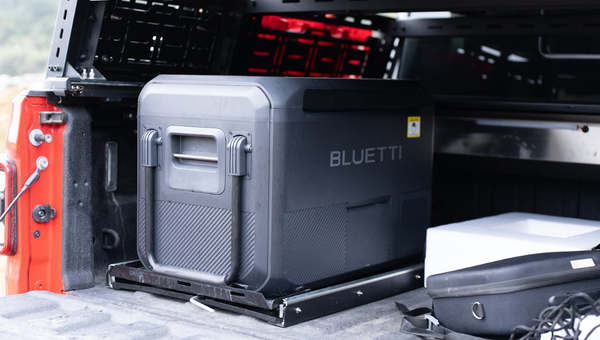
Let’s discover what you understand by a 12V fridge, its merits, its demerits, and whether it suits you or not. Also discover BLUETTI 3-in-1 Fridge Freezer.
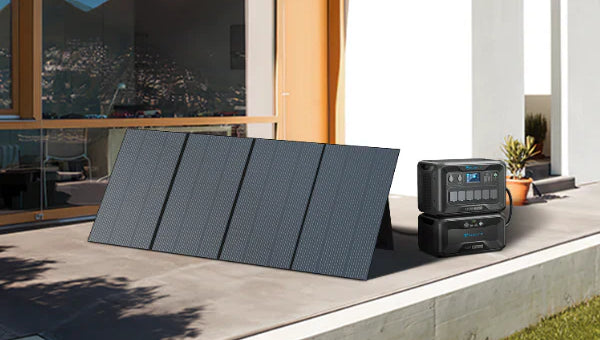
Here’s how to clean solar panels on roof the right way. Learn about DIY options, costs, and what to avoid to get the most out of your investment in solar.
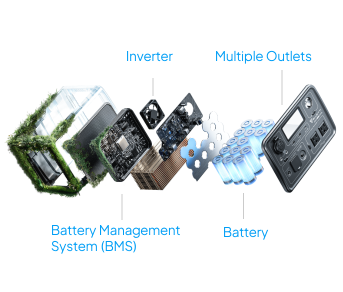
Looking for a reliable power pack for camping, travel or phone charging? Discover the best lithium power packs for all your needs, including BLUETTI’s EB3A, AC2A and AC50B.


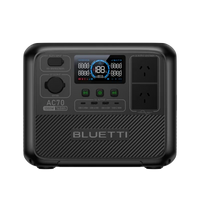
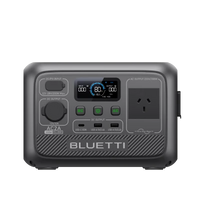
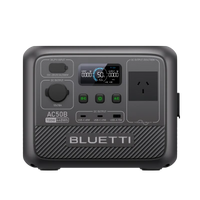

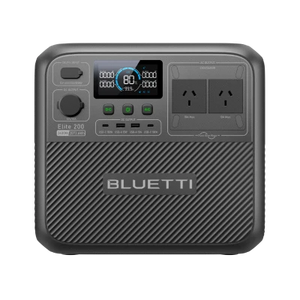
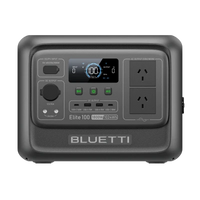
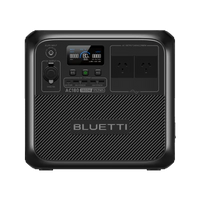
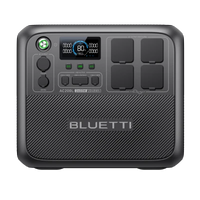
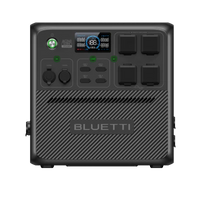
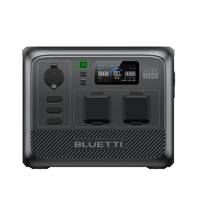
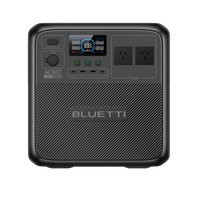


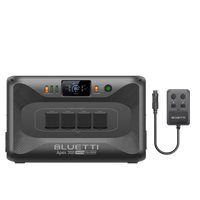

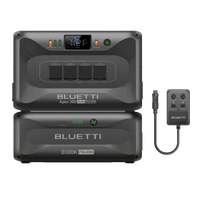
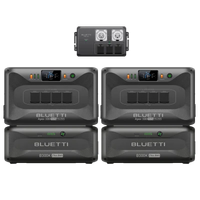
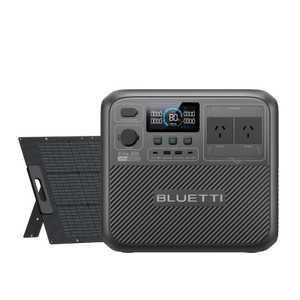
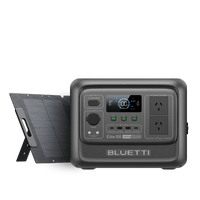
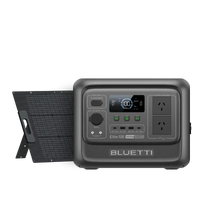
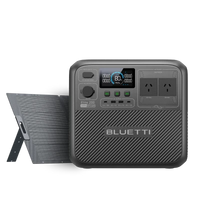
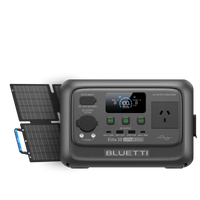
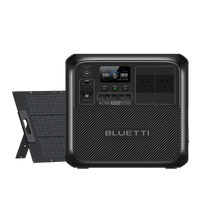
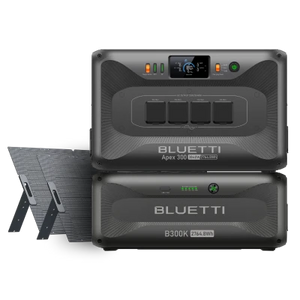
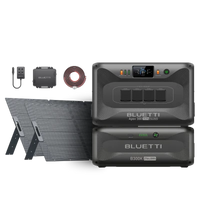
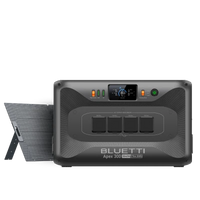
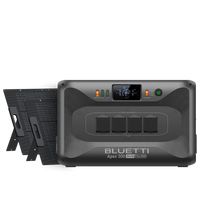
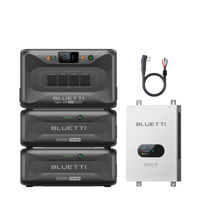

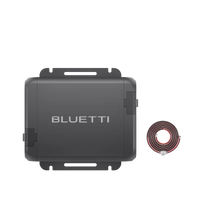
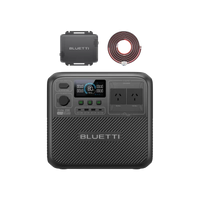
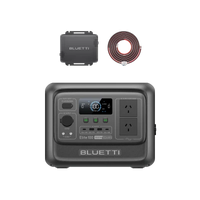
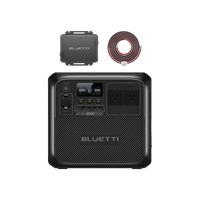
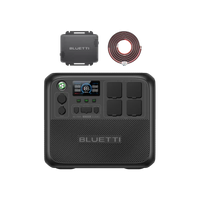
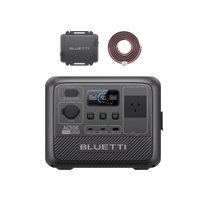
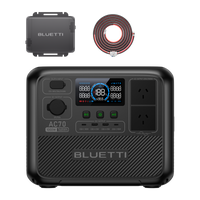


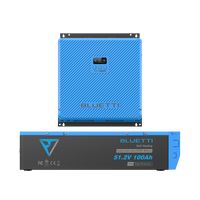
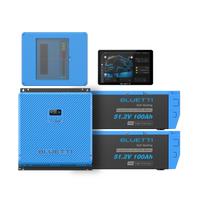
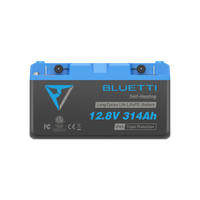
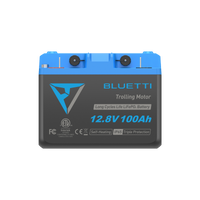
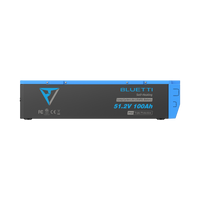
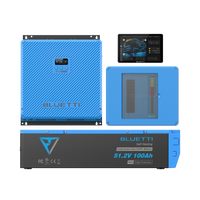
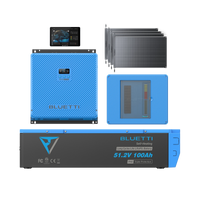
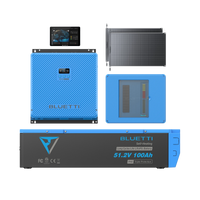
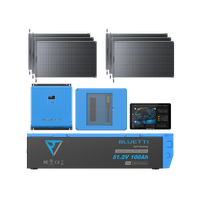
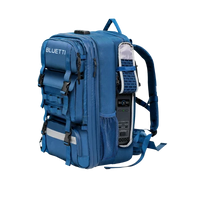
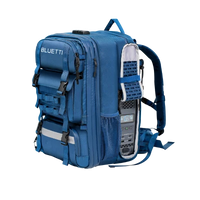
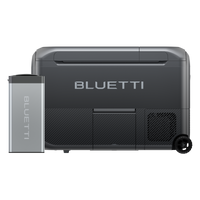
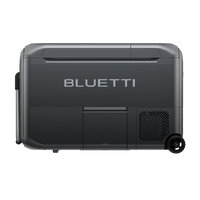
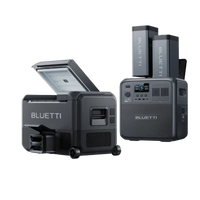
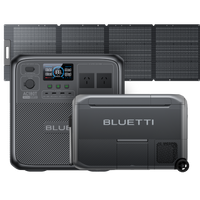
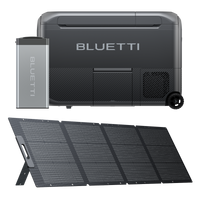
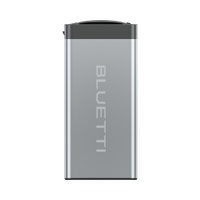
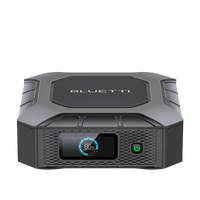
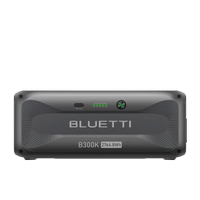

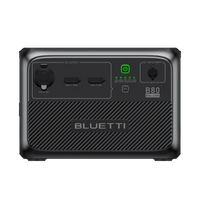
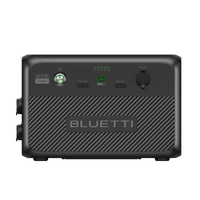

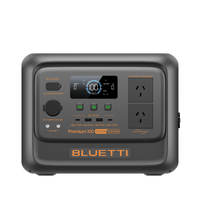
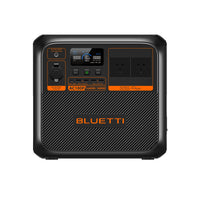

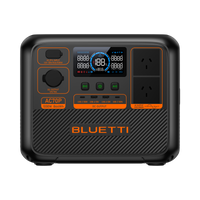
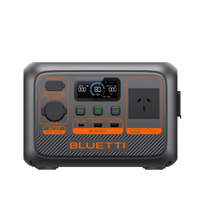
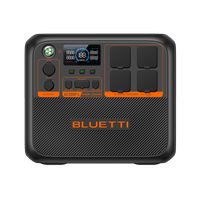
![[Phased Out] BLUETTI B80P Expansion Battery | 806Wh](http://www.bluettipower.com.au/cdn/shop/files/202310025B80P_2000-2000px_4_4caa0c1c-4dab-4272-9e9b-2b7507e5bd81.jpg?v=1713777870&width=200)
![[Phased Out] BLUETTI B210P Expansion Battery | 2,150Wh](http://www.bluettipower.com.au/cdn/shop/files/2_08cf9ef3-03a4-4489-b641-d3edb8094896.webp?v=1716016566&width=200)
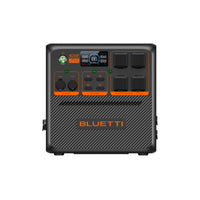
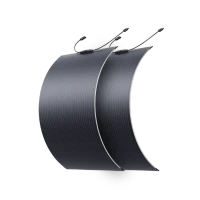
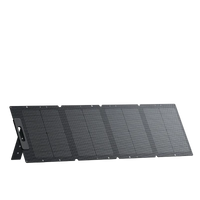
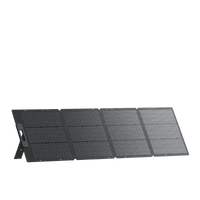
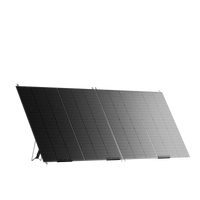

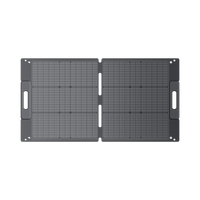

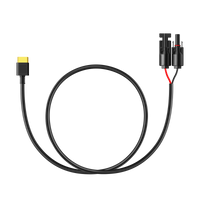
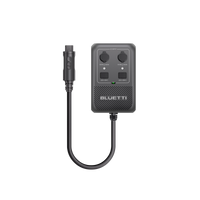
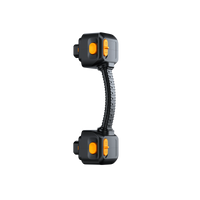
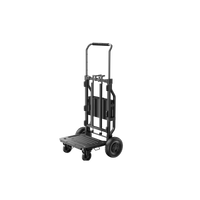
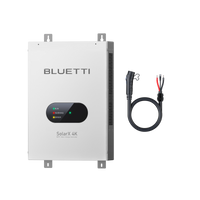
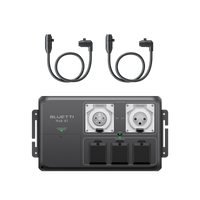
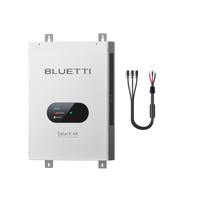
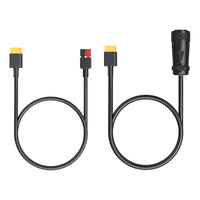
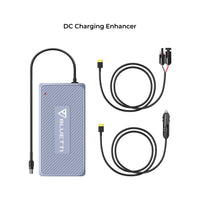
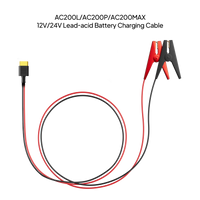
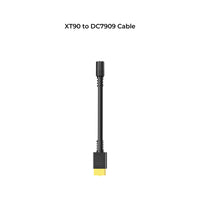
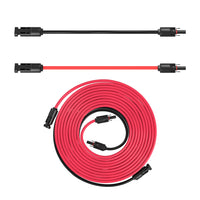
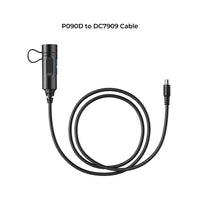
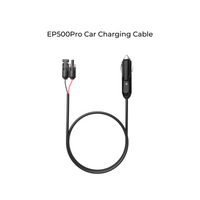
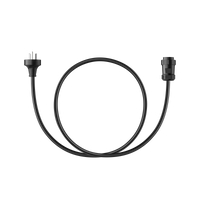
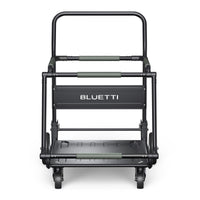
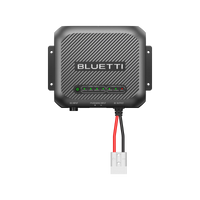
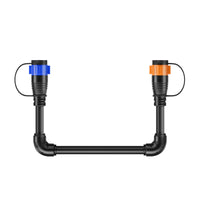



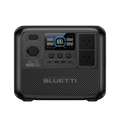
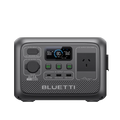
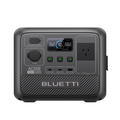


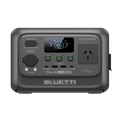
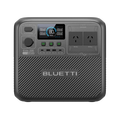
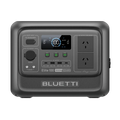
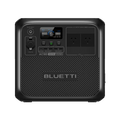
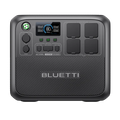
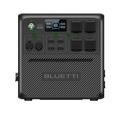
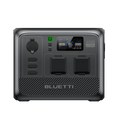
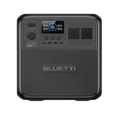


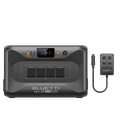

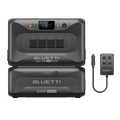
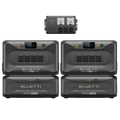




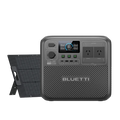
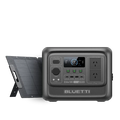
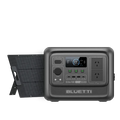
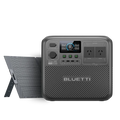
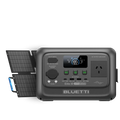
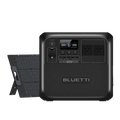
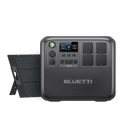
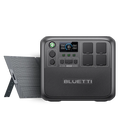




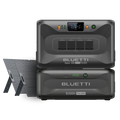
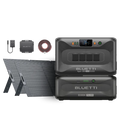
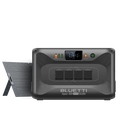
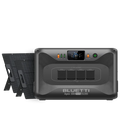
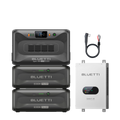

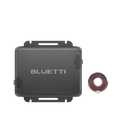
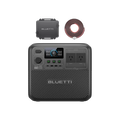
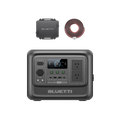
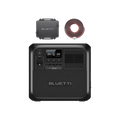
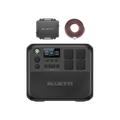
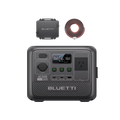
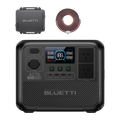
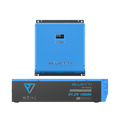
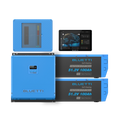
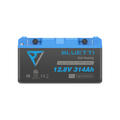
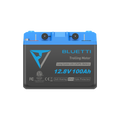
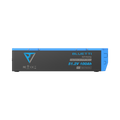
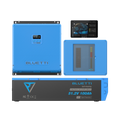
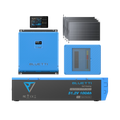
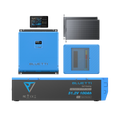
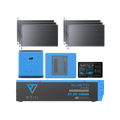
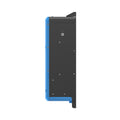


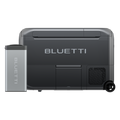
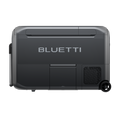
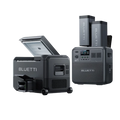
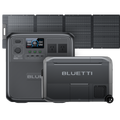
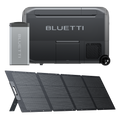
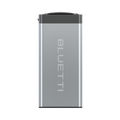
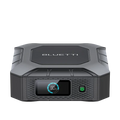
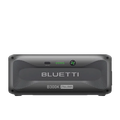

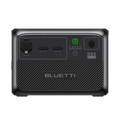
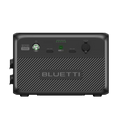
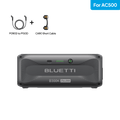
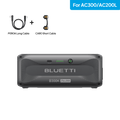
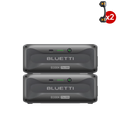
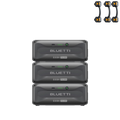




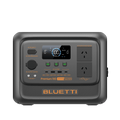
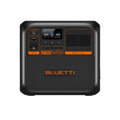

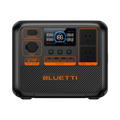
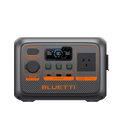
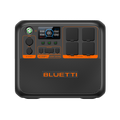
![[Phased Out] BLUETTI B80P Expansion Battery | 806Wh](http://www.bluettipower.com.au/cdn/shop/files/202310025B80P_2000-2000px_4_4caa0c1c-4dab-4272-9e9b-2b7507e5bd81.jpg?v=1713777870&width=120)
![[Phased Out] BLUETTI B210P Expansion Battery | 2,150Wh](http://www.bluettipower.com.au/cdn/shop/files/2_08cf9ef3-03a4-4489-b641-d3edb8094896.webp?v=1716016566&width=120)
